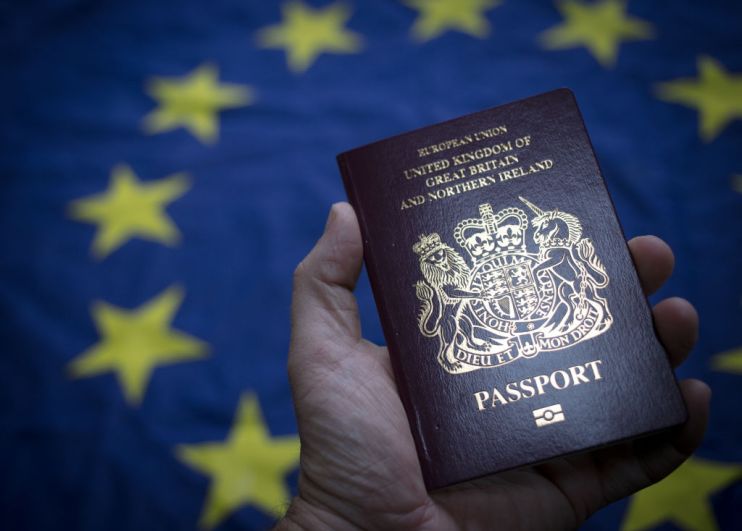Rip-off travel ads ‘rife’ on Google as scammers exploit Brexit confusion

Rip-off copycat adverts for travel documents are “running rife” on search engines such as Google as unscrupulous sellers look to capitalise on confusion over post-Brexit travel arrangements.
An investigation by consumer group Which found scores of copycat ads were appearing for common travel documents such as health cards, visas and international drivers’ licences.
These adverts are paying for prime slots at the top of search engines — often above the official website and with a similar address — in a bid to deceive consumers.
Which found 18 ads overcharging consumers for services they could get for free through official channels. One even proposed to break the law by offering a licence to drive in Spain without a test.
The research highlights how scammers are exploiting confusion over post-Brexit travel requirements to profit off unsuspecting travellers.
Three of the top six results on Google for a Global Health Insurance Card (GHIC) were trying to charge at least £30 for the documents. GHICs are available free through the NHS.
One copycat website attempted to justify its costs by saying it was a “hassle” to claim through the NHS. However, its process took longer – 10 to 14 days, rather than the seven to 10 days cited by the NHS website.
A similar issue occurred with visas. When Which googled ‘UAE visa application’, the top results were for copycat websites charging up to £136 for a two-week visa, which British travellers can get for free on arrival.
Copycat ads for international and UK driving licences were also common, while a separate investigation into DVLA copycat ads for drivers’ licence renewals in the UK found that almost three quarters of the most common driving licence renewal searches return ads for third-party websites charging £50 to £100 – seven times the official fee – to ‘check’ and renew licences.
Which argued that online platforms should take more responsibility for the content they host, while tech firms should be legally required to verify businesses posting paid-for content before their ad is published.
“Copycat ads have been a problem for years so it is concerning to see them still appearing at the top of search results – often ahead of the official website – and charging unnecessary fees,” said Adam French, Which’s consumer rights expert.
“Search engines must take more responsibility for the ads that appear and verify the business before misleading ads are published in the first place.”
It comes after Google vowed to tighten its advertising rules to crack down on financial fraud following pressure from the City watchdog.
The tech giant said that from September all financial services advertisers will have to prove they are authorised by the Financial Conduct Authority.
But the FCA has warned further legislation will be needed to tackle the issue.
A Google spokesperson said: “We have strict policies that govern the types of ads and advertisers we allow on our platforms.
“We only allow governments or their delegated providers to advertise for official documents or services. When ads breach our policies we take action to remove them.”
A DVLA spokesperson said: “We regularly remind our customers that the only official place to find our services and information online is on gov.uk.
“Only DVLA can renew a driving licence, and those applying for or renewing a licence online should only use gov.uk, to ensure they are dealing with DVLA directly.”